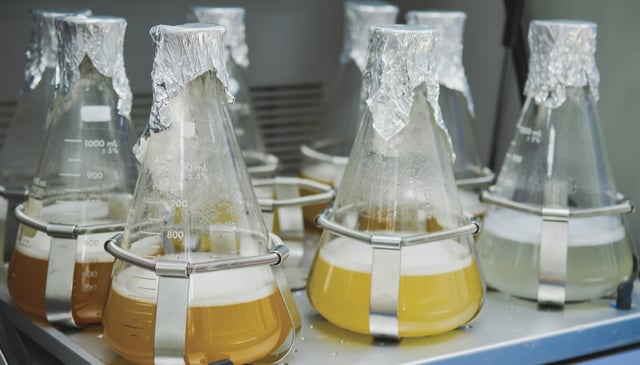Overview
- Jason Chin’s team at the MRC Laboratory of Molecular Biology recoded roughly 100,000 base pairs to compress Escherichia coli’s genetic code from 64 to 57 codons, producing the Syn57 strain.
- The redesign replaced six sense codons and one stop codon across 38 synthetic 100-kilobase genome fragments, with viability tested at each assembly step.
- Syn57 remains viable but grows about four times slower than wild-type E. coli, prompting targeted efforts to restore its proliferation rate.
- Researchers plan to exploit the freed codons for complete viral immunity and incorporation of nonnatural amino acids in industrial protein synthesis.
- The next major hurdle is removing redundant transfer RNAs to enable full codon reassignment, and the methodology offers a blueprint for recoding other organisms.


